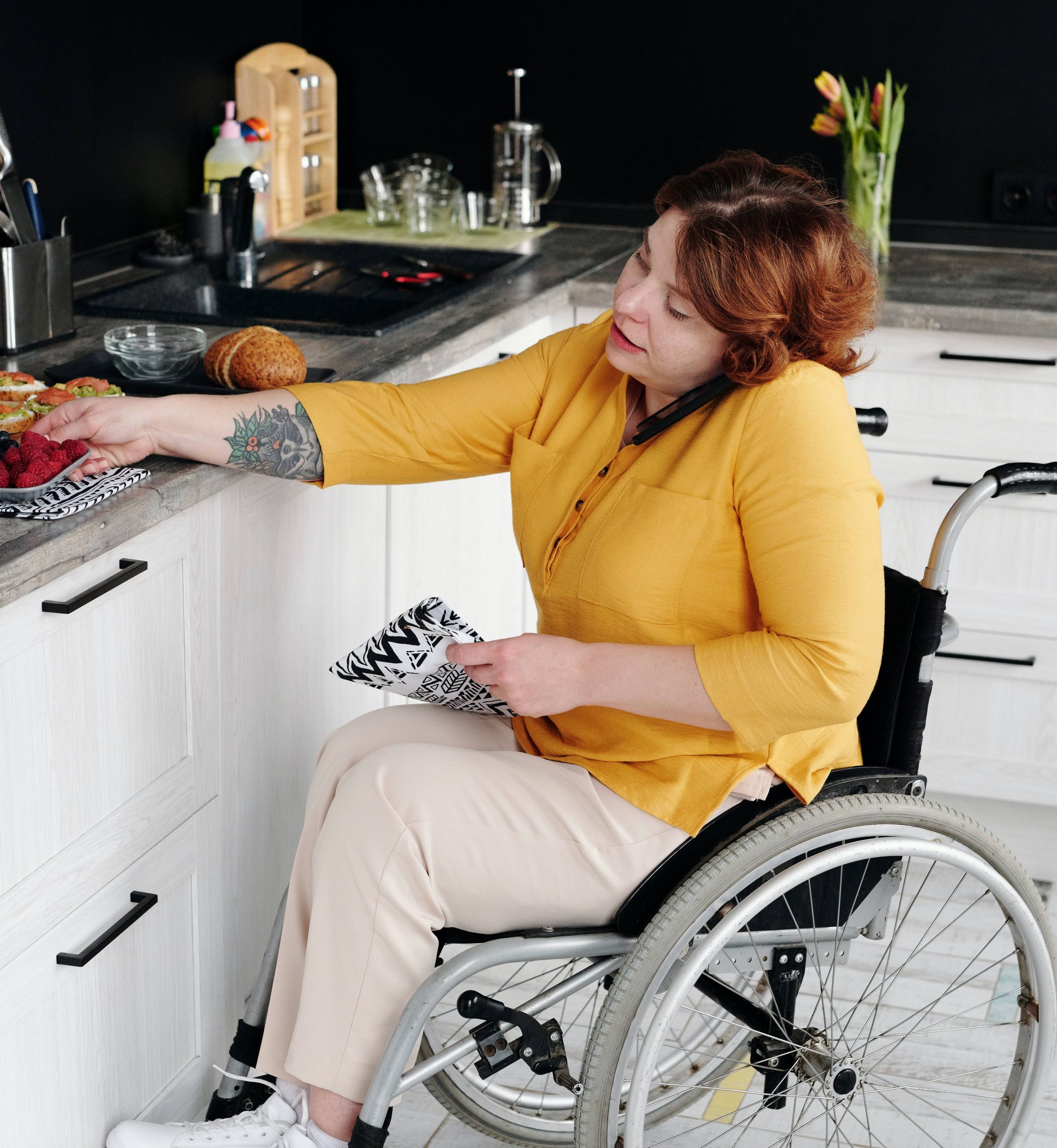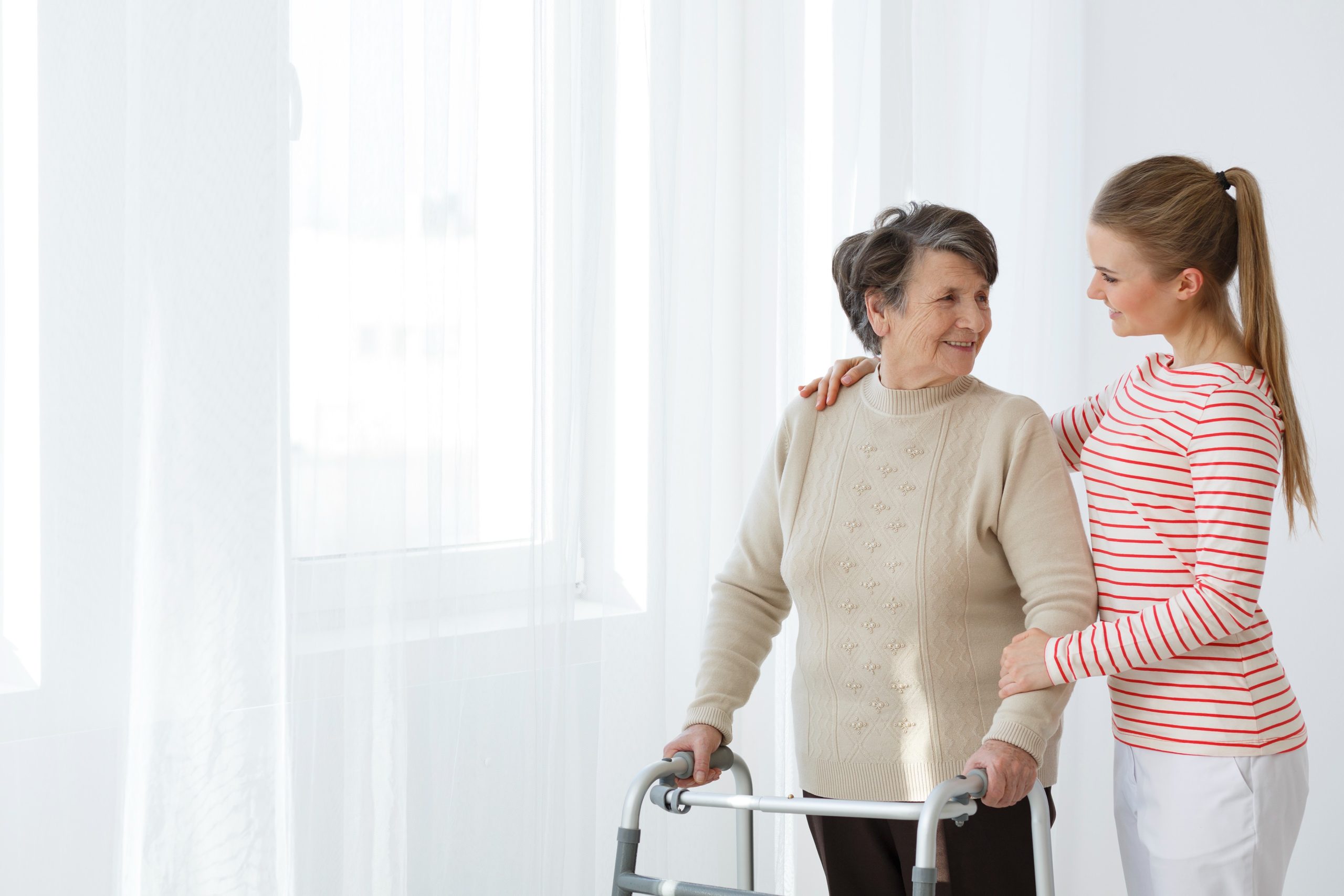Specialist Disability Accommodation Solutions For Independent & Safe Supported Living
Living independently for those of us with disabilities is often challenging. Yet for those of us that are categorised as having extreme functional impairment, or very high support needs, living away from home can seem like an unachievable dream! Fortunately, specialist disability accommodation is making this dream achievable for more of us, due to the specialist homes built specifically with our needs in mind. Keep reading to discover more about specialist disability accommodation, how it works, and the benefits you could reap from choosing this option.
What Is SDA?
SDA or Specialist Disability Accommodation is a type of housing offered to disabled people with either very high support needs or extreme functional impairment. Specialist Disability Accommodation is designed to be accessible, modern, and practical for those with different physical needs, helping them gain greater independence while ensuring their safety and health.
Defining Extreme Function Impairment
Before you can gain funding for a SDA living facility you will need to be assessed as either having extreme functional impairment or very high support needs. To do this your NDIS planner will work with medical and other professionals, as well as speak to you regarding the support you need in your current residence.
Do you have an extreme functional impairment?
To qualify as having extreme functional impairment you will need to struggle to complete everyday tasks alone, such as getting in and out of bed, going to the toilet, and maintaining boundaries. If you require support from someone else to complete these kinds of tasks as well as the others, you will be categorised as having an extreme functional impairment.
Do you have very high support needs?
To qualify as having very high support needs you will need to show that you require a great deal of one-on-one support for a large portion of the day.
In addition to the above criterion, to be categorised as having very high support needs you will also need to be dealing with one of the following issues:
That your current accommodation poses a safety risk, such as not being able to leave quickly and easily if there is a fire.
Or
You are unable to access the level of support you need via your family and informal support network.
Additionally, you may also be categorised as having very high support needs, if you have lived in specialist accommodation for an extended period, as the transition to other kinds of housing can be more difficult in this case.
What Is The Difference Between SDA And SIL?
Specialist Disability Accommodation (SDA) differs from Supported Independent Living (SIL) accommodation because the is specially designed and built for those that require a higher level of support. Whereas a SIL property does not have to adhere to any specific accessibility regulations.
What Are The Different Types Of SDAs?
There are four different kinds of SDA accommodation in line with the NDIS SDA scheme. They include improved livability homes, robust homes, fully accessible homes, and high physical support category homes. You can find out more details about each different type in the section below.
Improved Livability Specialist Disability Accommodations
In the SDA program, improved livability homes are specially designed and built for those with impairments of the sensory, cognitive, and intellectual kinds. This means they are perfect for individuals with sight or hearing impairments, down syndrome, and Alzheimer’s among a range of other conditions. For example, properties built with those that have a visual impairment in mind will include tactile pieces on doors or walls for easy navigation of the space.
Robust
Robust housing within the SDA program is designed especially with two goals in mind. The first is to provide a space for their higher-risk residents, and the second is to ensure sanctuary for staff and other residents of the property.
To achieve these aims, robust SDA houses are built with a range of high-security features such as laminated glass, secure doors, and windows, high-impact wall lining, secure external areas, secure fixtures and fittings, and soundproofing.
Fully Accessible
For those of us looking for homes with excellent wheelchair access, fully accessible SDA residences are perfect. This is because they are uniquely designed to offer a higher level of support for those with significant functional impairments.
To that end, in a fully accessible SDA home, you will find things such as kitchens and bathrooms that can be used both standing and seated, as well as full wheelchair passages that run the entire length of the home.
High Physical Support Category
Last of all we have the high physical support category of SDA homes. Based on the fully accessible design, high physical support category homes also included added supports such as assistive tech like voice control, for the door, TV, temperature control, ceiling hosts, and even backup power in case of emergencies. It is these features that make the high-support category homes best suited to those with the most extreme physical needs.

What Are The Benefits Of SDA?
Now we know a bit more about special disability accommodation, let’s look in detail at the particular benefits it offers to those that choose to use it.
Living Outside Of Your Family Home
For many of us with disabilities living outside of the family home, and without the constant care and support of our families is not something we ever thought possible. Yet, with SDA solutions living independently, and gaining more autonomy over our own lives is the norm.
Support That Minimises Stress
SDA solutions also help minimise both the resident’s stress, and any worry family members and loved ones may have concerning them living away from home. This is because homes are always specially designed to meet the resident’s needs, and medical and home care is always on offer.
Building A More Robust Support System
Living with other individuals that experience similar challenges to you can be hugely beneficial as they can provide empathy, and support and vice versa. For many SDA residents, this helps fight feelings of loneliness and isolation that are often associated with having a severe disability.


